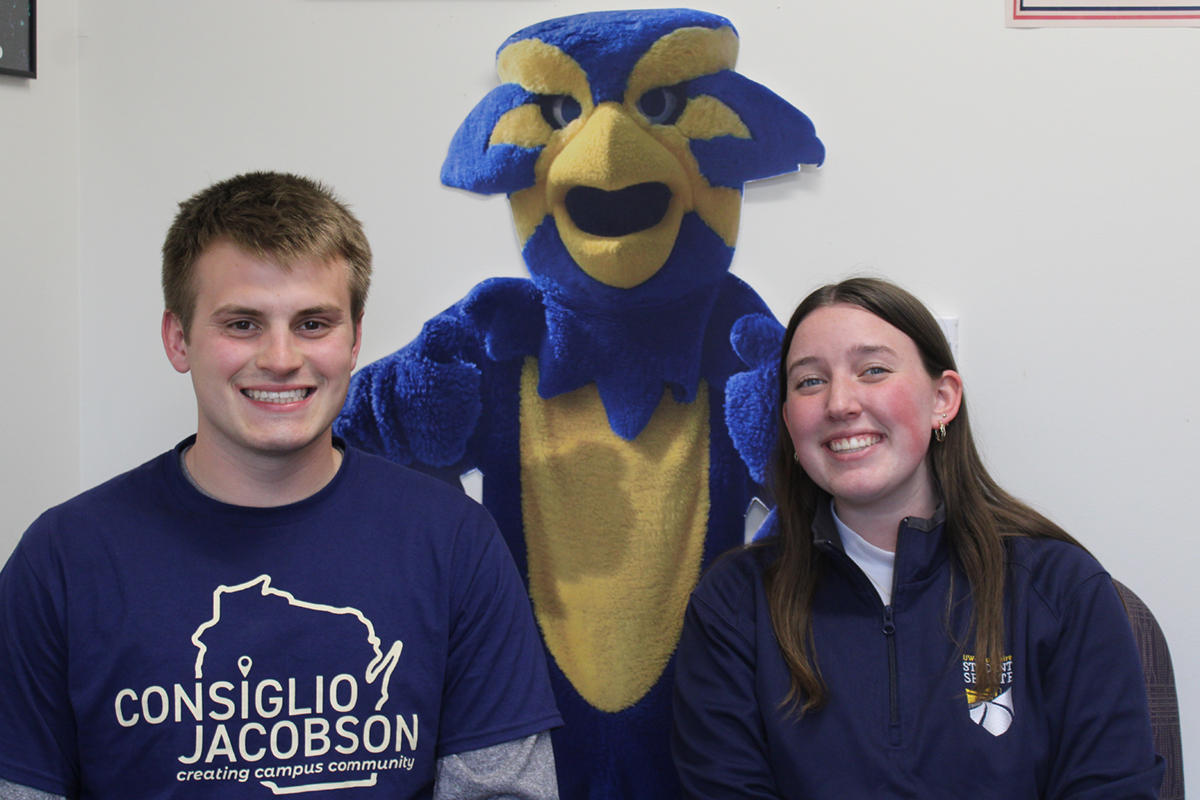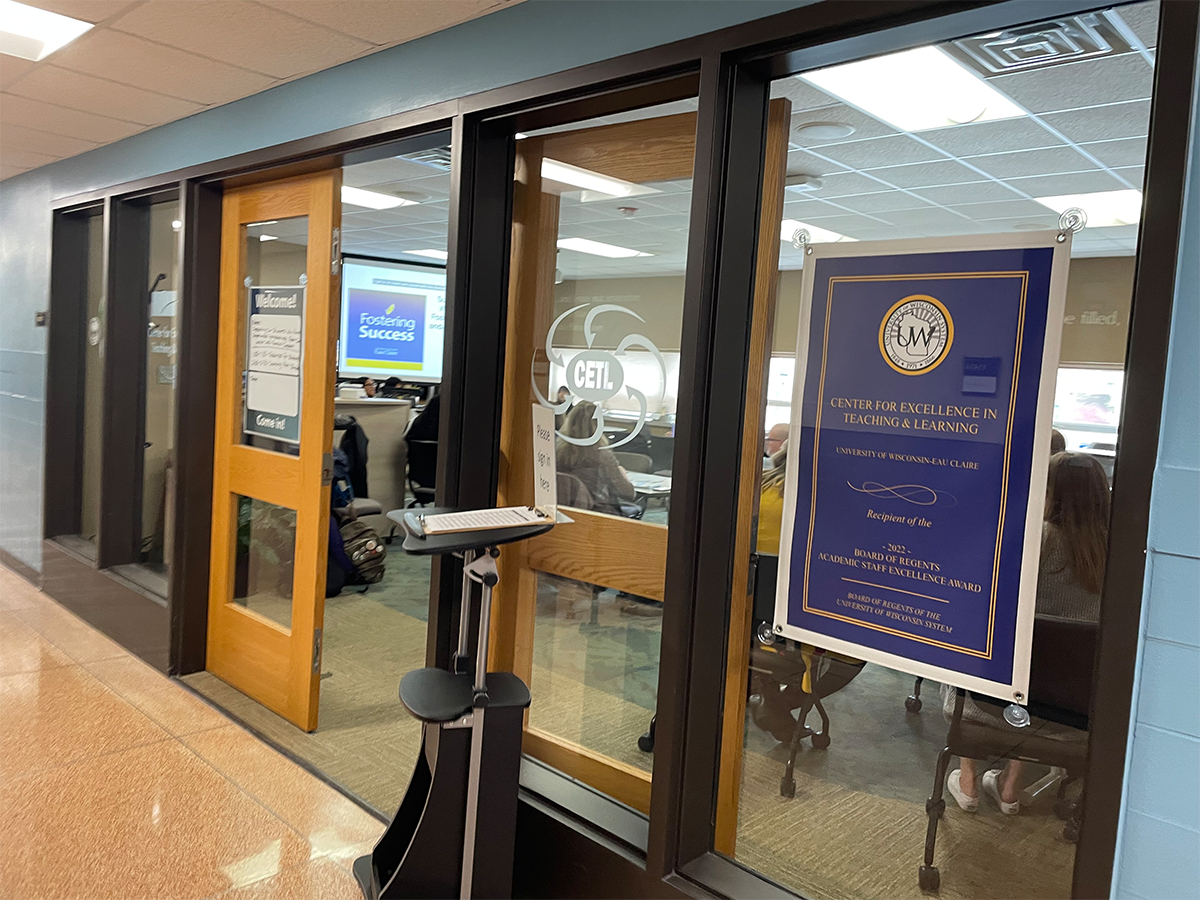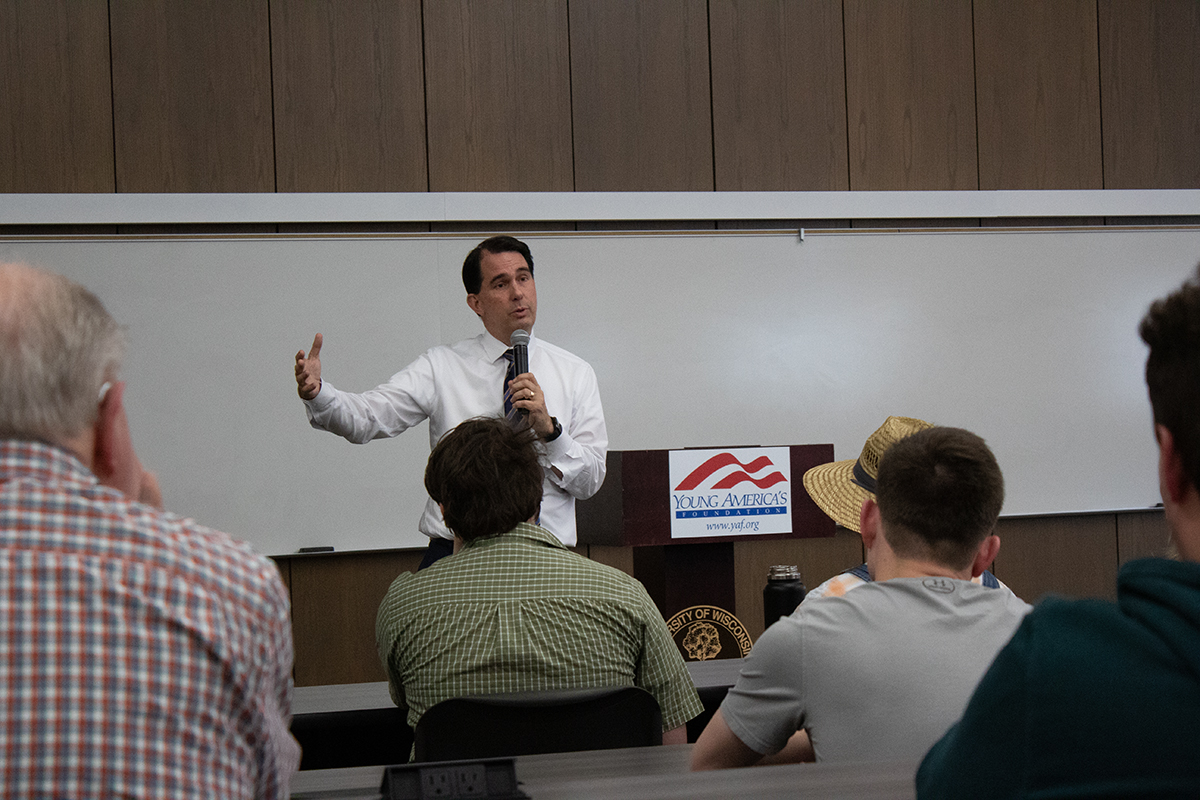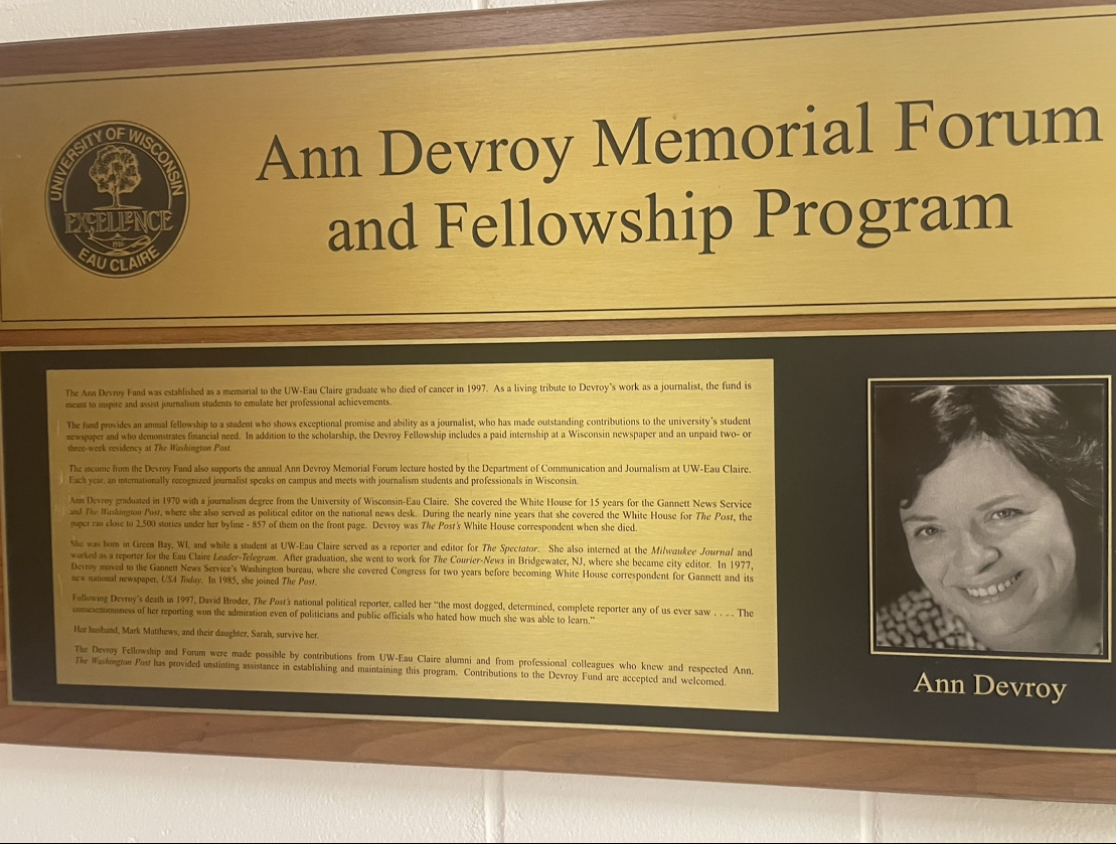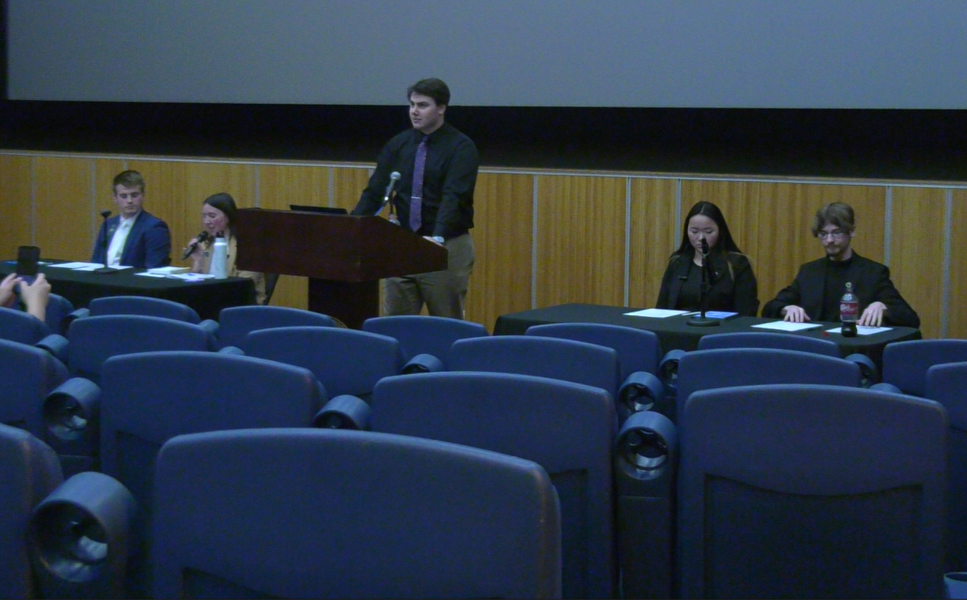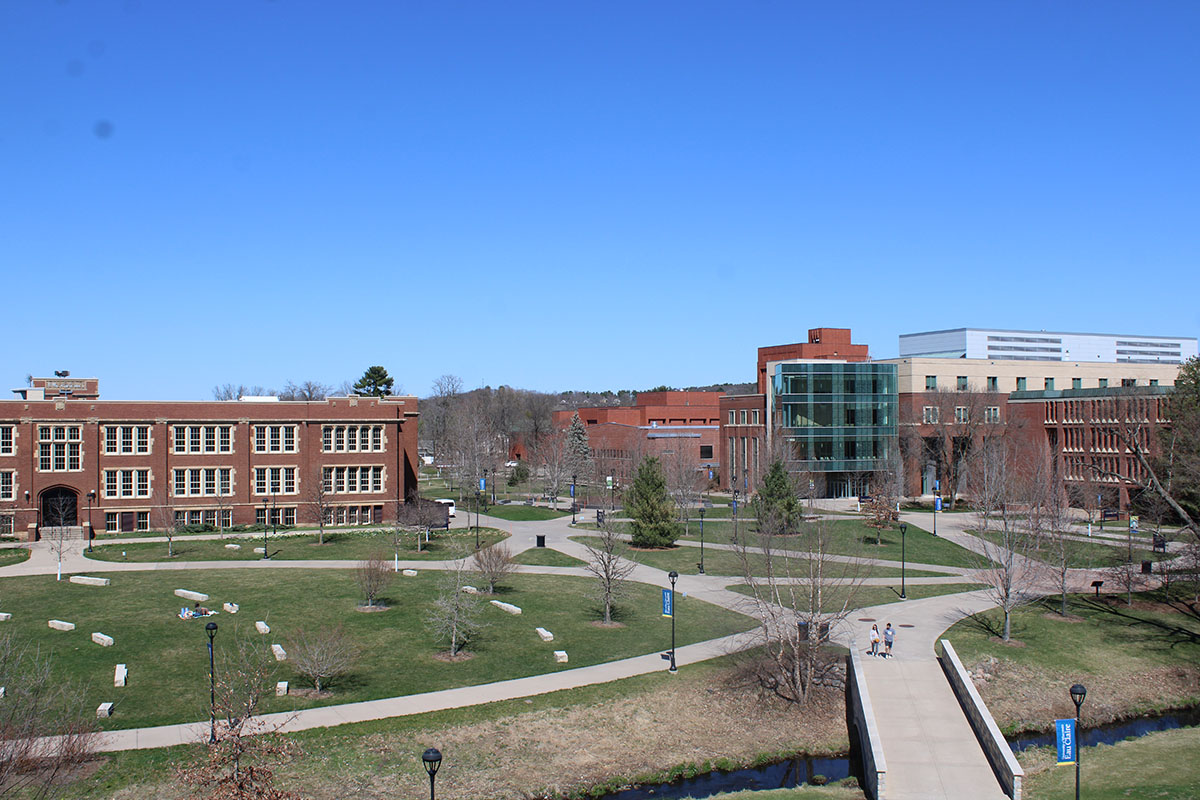For experienced veterans, a week of exams is nothing out of the ordinary. For students approaching finals for the first time, the task may be quite daunting.
Holly Hassemer teaches Introduction to University Curriculum, a course that focuses on introducing students to skills relating to test preparation, time management, and studying. Hassemer said studying for finals should be happening right now.
“If students wait until a few days before finals to get serious about their studying, they’ve really waited too long,” Hassemer said. “That is something that most people aren’t expecting.”
Hassemer works for the Academic Skills Center and said with a staff of nearly 100 tutors, an average of 300 students receive help from the center every semester. The ASC acts as a free tutoring service to any student that may need help in a specific subject.
Junior Clare Sievert tutors Spanish at the ASC and said the best way to approach finals is with a plan.
“Break stuff up,” Sievert said. “If you have to cover ten chapters, cover two chapters a day. Set up enough time where you’ll have enough time to cover everything.”
Hassemer said many students engage in a behavior known as “passive studying.” Passive studying includes reviewing notes and re-reading book chapters and it should be balanced with “active studying.”
Active studying involves producing something—whether it is your own study guide or a notecard that includes the most important information from the course.
Freshman Vinnie Berken meets with a tutor at the ASC. Berken said early preparation for finals and using resources such as the ASC has prepared him for his biggest final of the semester in physics.
“I’ve been studying physics just because I thought it would be rough on me,” Berken said. “But, it’s turning out to really work, because I’m getting the highest grade.”
Without his weekly tutor sessions, he said he may not feel so confident.
“I definitely would feel unprepared,” Berken said. “I would definitely be panicking or trying to find help somewhere else.”
Hassemer said the ASC is geared towards long-term study help, but she recommends a few other on-campus options available to students for last-minute questions and study help.
The Math Lab is a drop-in tutoring service located in Hibbard Humanities Hall that provides assistance to students who have questions on homework or who need clarification of concepts that they are learning in their mathematics courses.
The Center for Writing Excellence is located on the second floor of the McIntyre Library and writing one-to-one with a trained writing assistant. The center can offer feedback on a variety of writing, not just English courses.
Cramming until 4 a.m. the morning before an exam won’t do you any good, Hessemer said. It’s better to create a plan ahead of time — one that includes plenty of study breaks.
Junior Adam Ganske learned how to deal well with a stressful finals week early on. Ganske exercises at the YMCA in Eau Claire to take a break from studying.
“I exercise quite a bit during finals week, probably more than usual,” Ganske said. “I do it two times per day. It helps me to relieve stress and clears my mind for a little bit. Then I can jump right back into (studying).”
Before panicking about final exams, Hassemer suggested students do grade calculations to determine how much their final exam will affect their overall grade.
“Often times, finals can make a difference,” Hessemer said. “But sometimes students can blow it out of proportion.”

